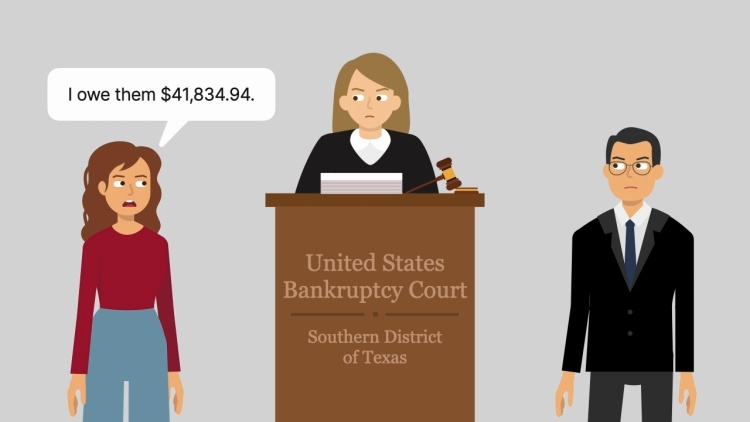Ford Motor Credit Co. v. Dale (In re Dale)
United States Court of Appeals for the Fifth Circuit
582 F.3d 568 (2009)
- Written by Abby Roughton, JD
Facts
Rebecca Dale (debtor) purchased a Ford pickup truck with a cash price of $38,291.42 from a Texas car dealership. Dale financed the purchase through Ford Motor Credit Company (Ford) (creditor), and Ford retained a security interest in the truck. The total purchase price that Dale financed through Ford was $48,271.02, which included Ford’s payoff of negative equity in Dale’s trade-in vehicle, a gap-insurance premium, and an extended-warranty charge. Less than one year later, Dale filed for chapter 13 bankruptcy. At the time, Dale still owed Ford $41,834.94. Dale’s chapter 13 plan proposed to pay Ford $23,900 over 37 months at 10.25 percent interest, with the remaining amount to be paid pro rata with other unsecured claims. Ford objected and demanded the full $41,834.94 secured by the truck. The bankruptcy court concluded that Ford’s purchase-money security interest in the truck did not cover the portions of the loan attributable to the negative-equity payoff, the gap-insurance premium, and the extended-warranty charge. Accordingly, the bankruptcy court held that those portions of Ford’s loan were unsecured. The federal district court reversed the bankruptcy court’s decision, and Dale appealed to the United States Court of Appeals for the Fifth Circuit.
Rule of Law
Issue
Holding and Reasoning (Haynes, J.)
What to do next…
Here's why 907,000 law students have relied on our case briefs:
- Written by law professors and practitioners, not other law students. 47,100 briefs, keyed to 996 casebooks. Top-notch customer support.
- The right amount of information, includes the facts, issues, rule of law, holding and reasoning, and any concurrences and dissents.
- Access in your classes, works on your mobile and tablet. Massive library of related video lessons and high quality multiple-choice questions.
- Easy to use, uniform format for every case brief. Written in plain English, not in legalese. Our briefs summarize and simplify; they don’t just repeat the court’s language.





